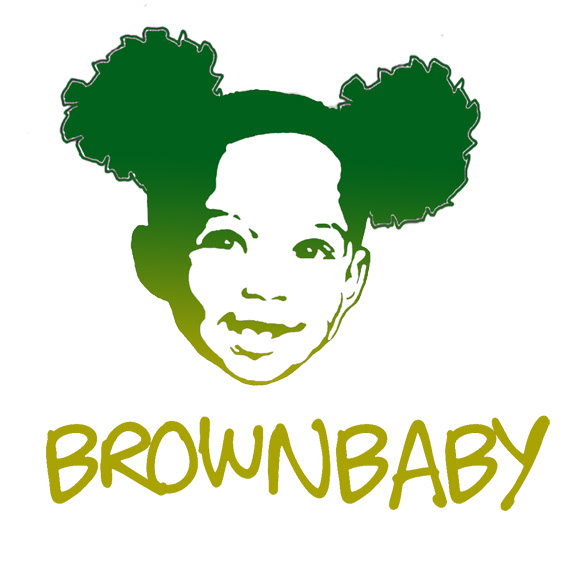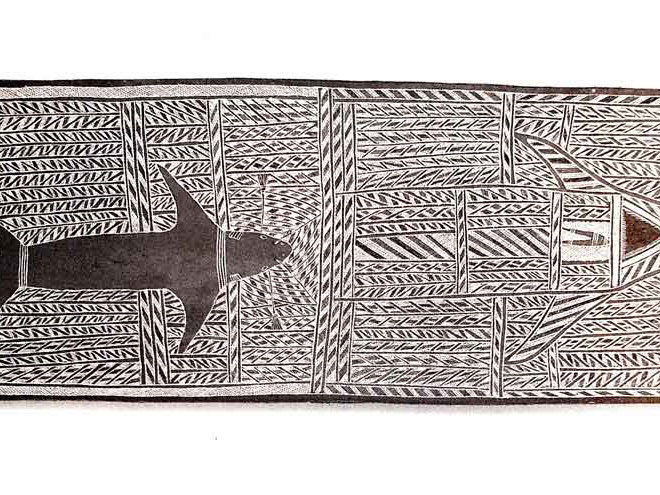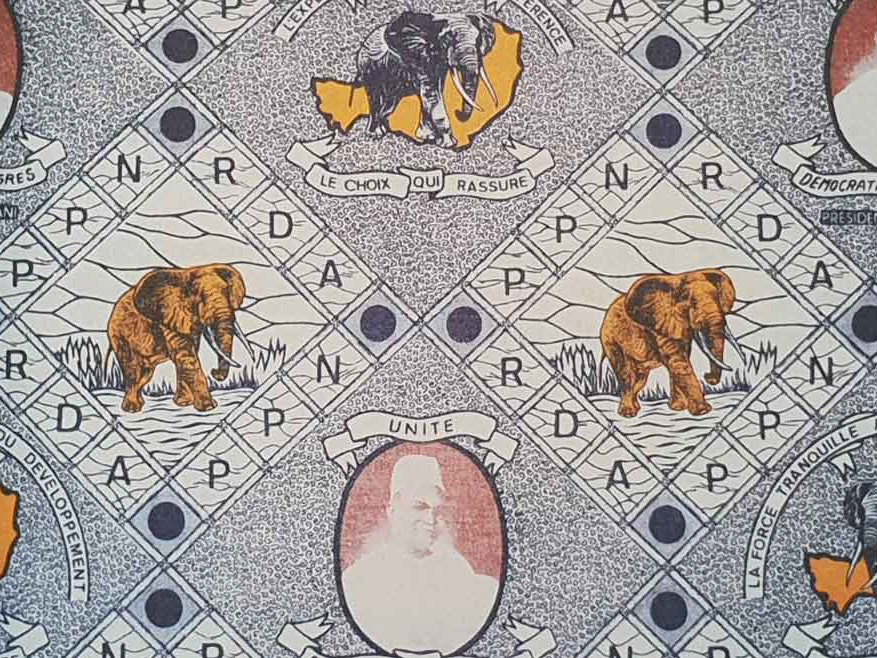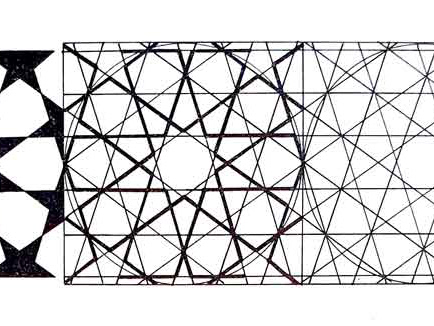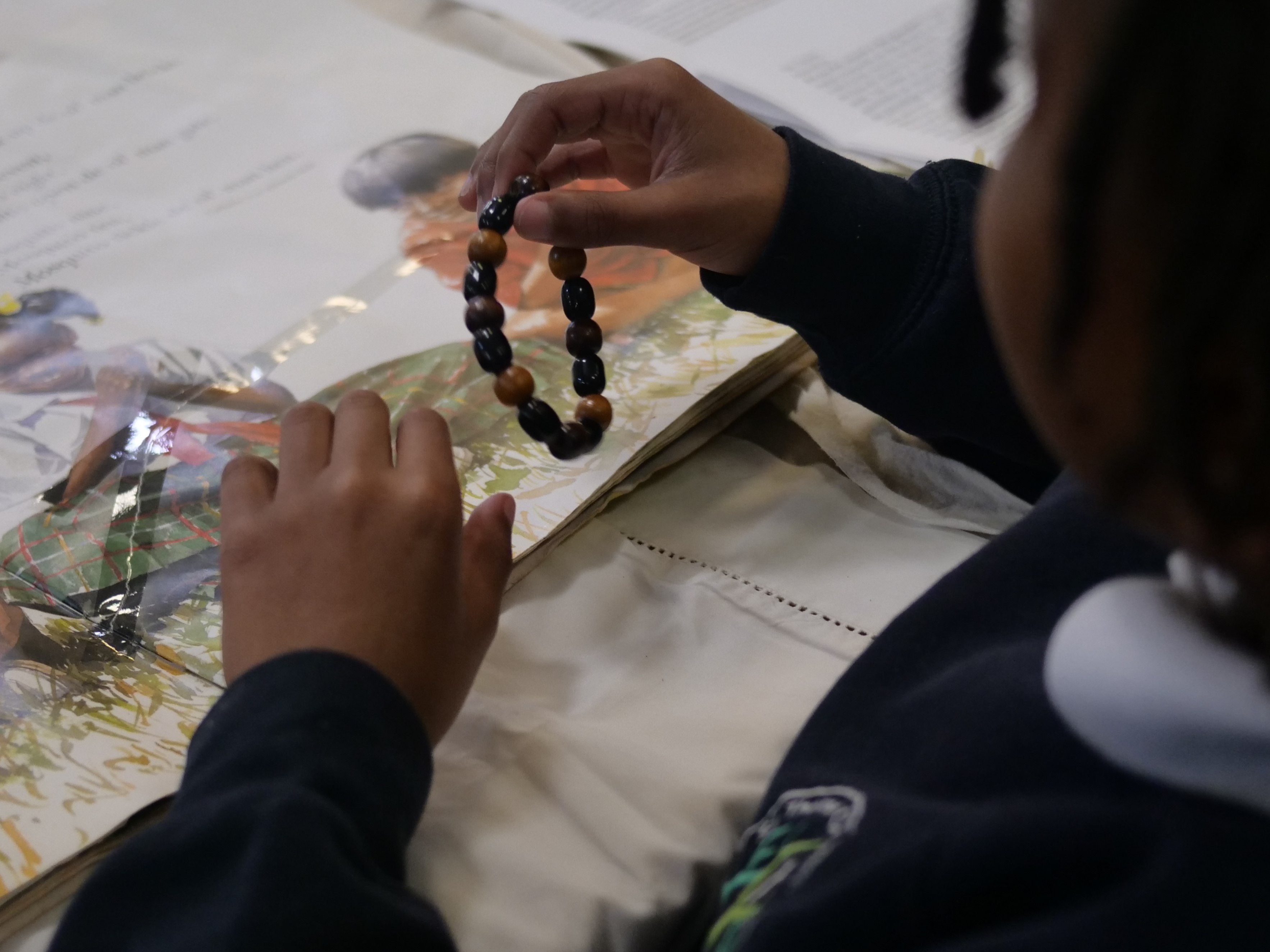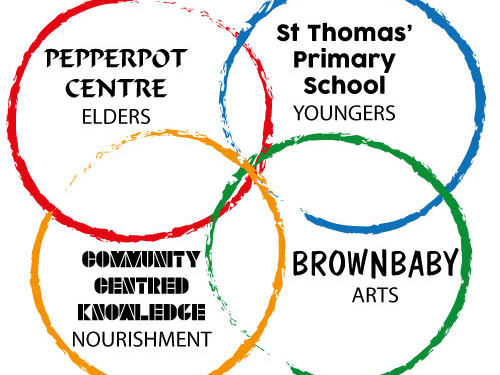TLB: This is all about Untold Stories.
The plan is for us to have a conversation around this project
The proposal is for Inside/Outside. The stories or experiences that exist within a v diverse community - all this stuff going on but you rarely see it. You can go into spaces (an elders centre or youth club) and see it but it is a struggle to see these things out on our streets.
We want to work together with our CCK and BB hats on to see how our experiences may come together to inform a way of working, to bring this energy and activity inside and hope to bring it outside.
I have been reading up on indigenous and pre-colonial artforms.
I have been thinking about if any of these forms or expressions can influence or guide us on what we hope to achieve.
My thought was to have a conversation, then go away and further explore some of the themes. Not necessarily read entire books but dip into some texts to explore, before coming back together.
I am Toby. I am a community artist and designer and educator and activist/campaigner from West London. Most of my work has been done around NK. Around different community assets and spaces and different communities under pressure and in some cases under threat. I use my practice to try to connect things and people and issues and explore, acknowledge and celebrate the struggles and everyday experiences that our mixed communities in London have. I hope that my work has been quite helpful in supporting communities and also become useful for documenting communities and the journeys we are going through. Including my own exploration of archives and working around elders and other activists that has convinced me more and more that we do have to make and engage with each other and leave a footprint. Leave something for others to pick up and try to advance things and identify the right questions.
MD: I am Mama D. I presently live in Kent but was brought up in London until 18. Ever since my life has taken me beyond London and England’s boundaries.
I started reading at an early age and read a lot. I read a load of fairy tales. Everything I could get hold of. Past Grimm and into stories from other continents. That was my world so I was already beyond those horizons we set up for ourselves. That set me up for being quite frustrated with real life and the real boundaries that people put up between themselves, within ourselves at family, community and society level.
My calling to do agriculture which took me out of England, was a way of responding to this need to go beyond. It was amazing - how did this city bound young black woman find herself so at home in rural africa? How did that happen? It felt like more home than home. I really do miss lots of the kind of interactions that took place. I felt a greater proximity to people, more access to more kinds of estate. However unreal and constructed that was - no more than it is here - I continue to read a lot and provoke others.
All of one's life up to the point at which you intentionally try to converge something is preparation.
I recommended Star Book. I spoke of his description of the role of arts within the community.
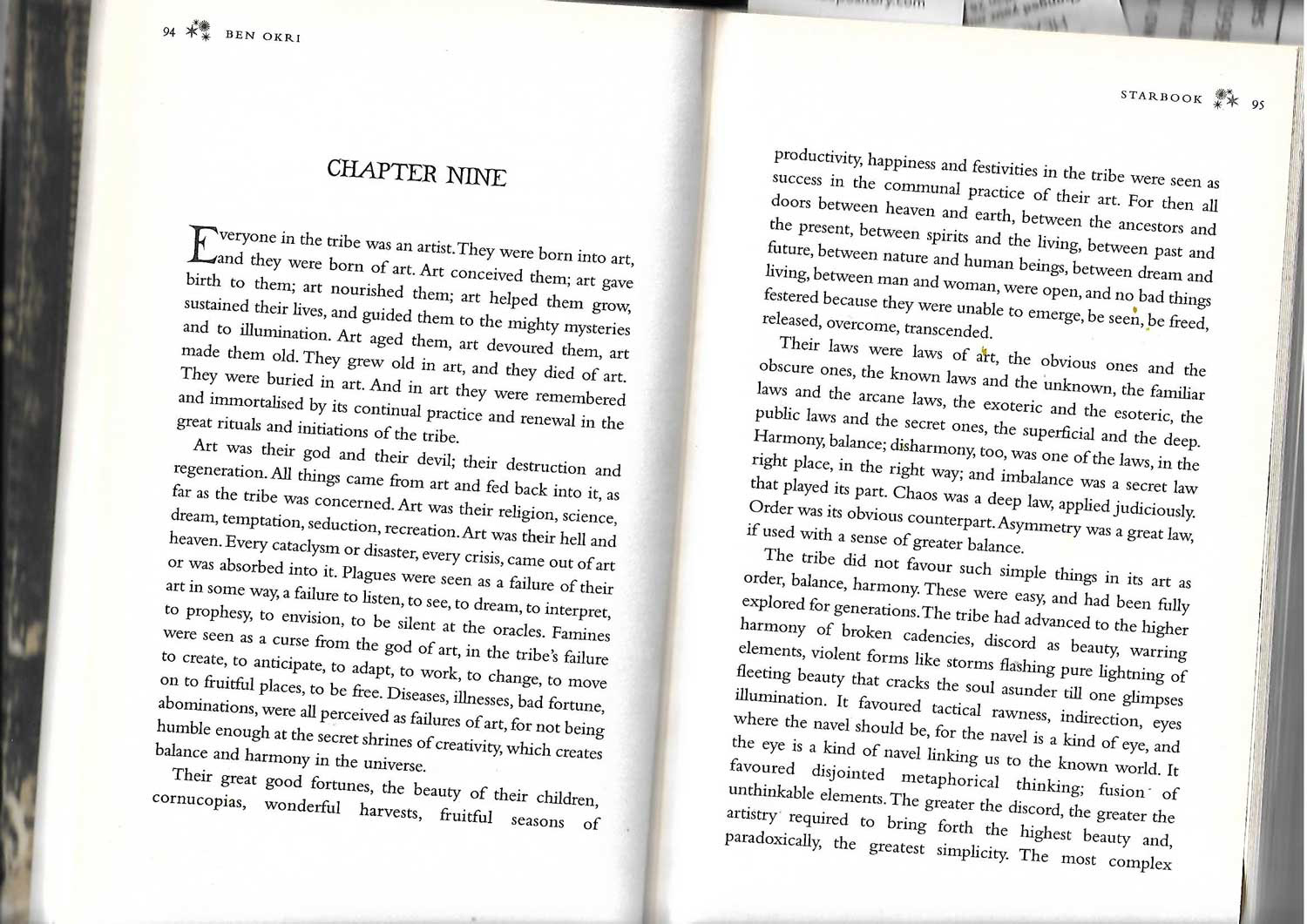
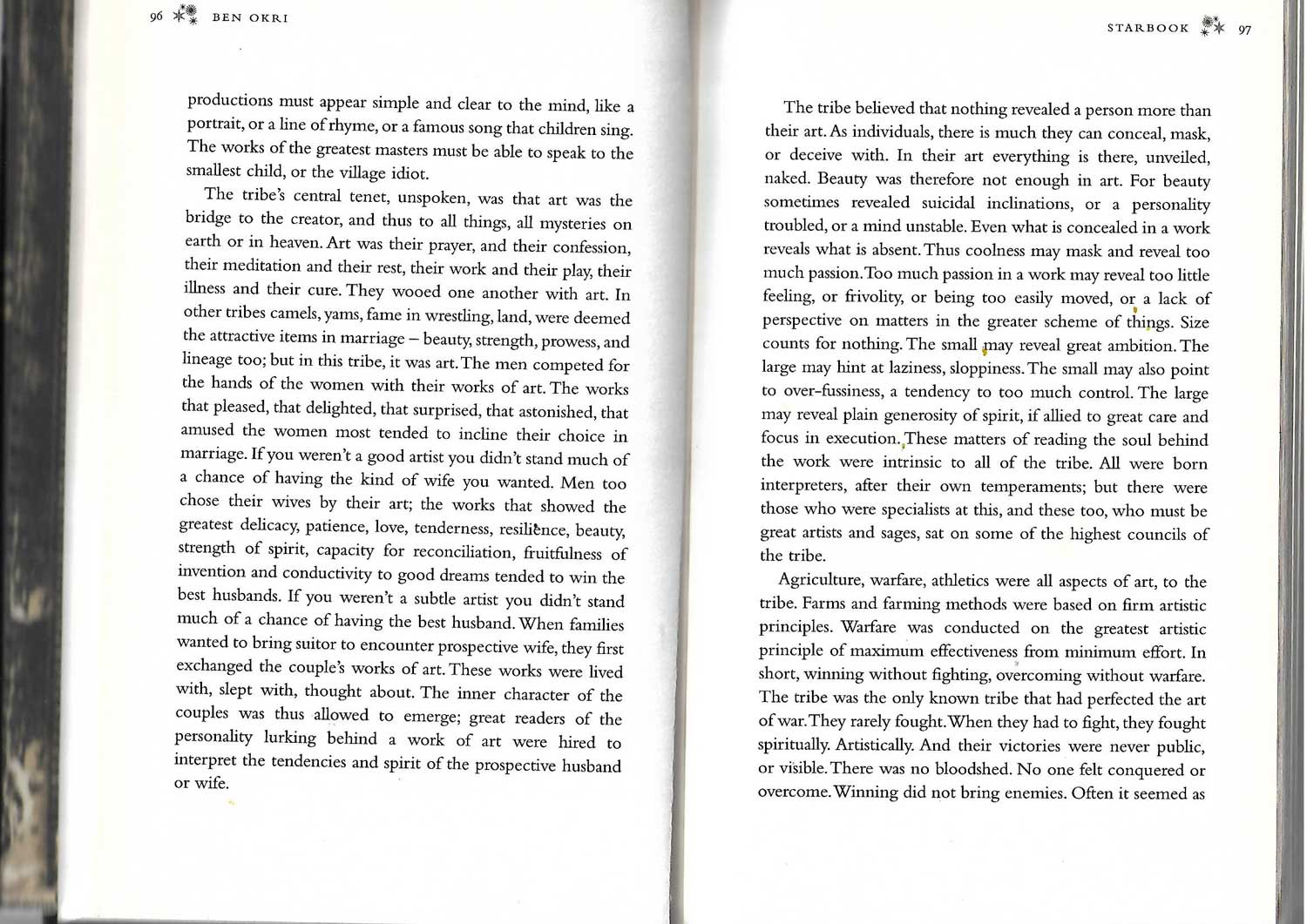
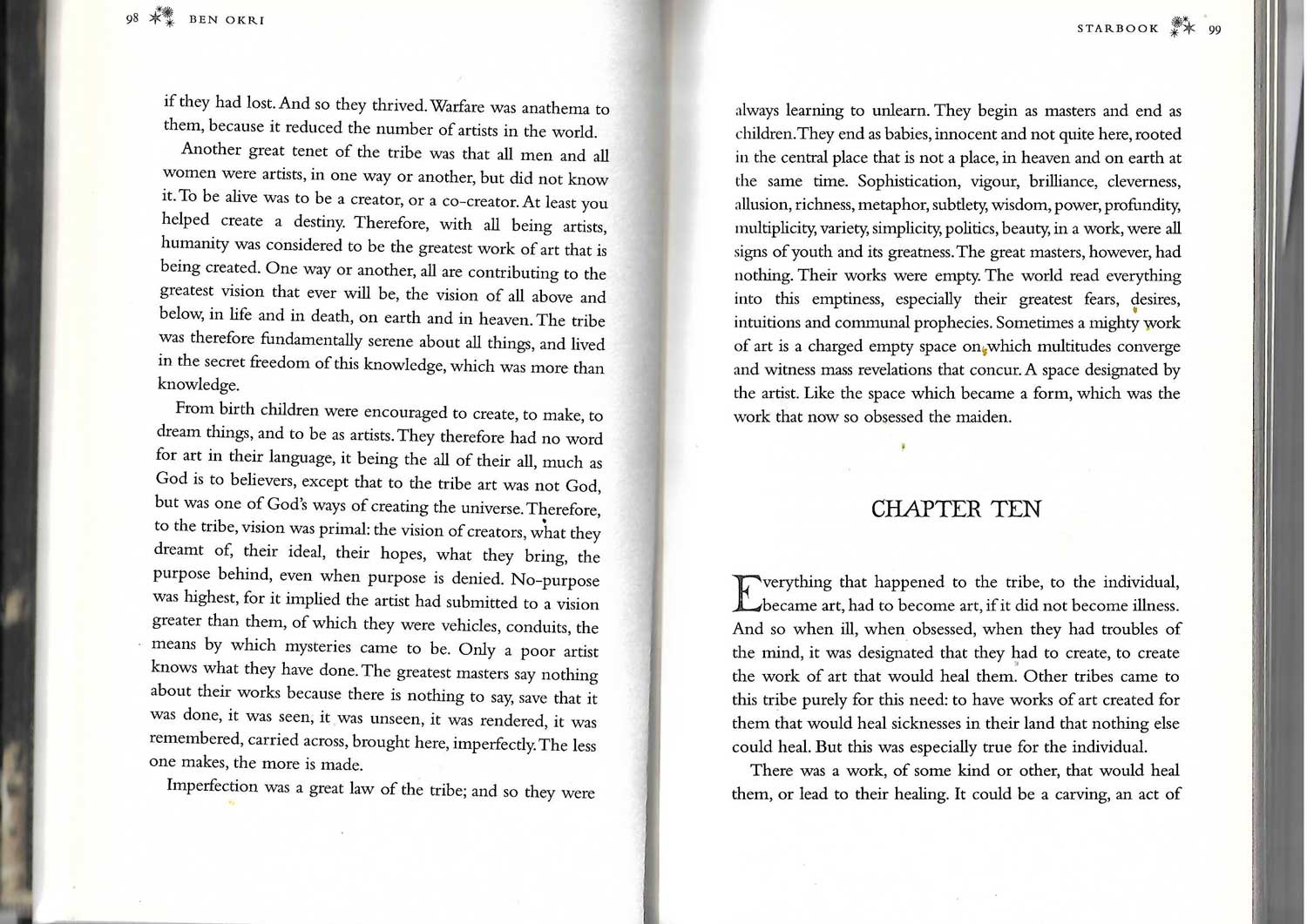
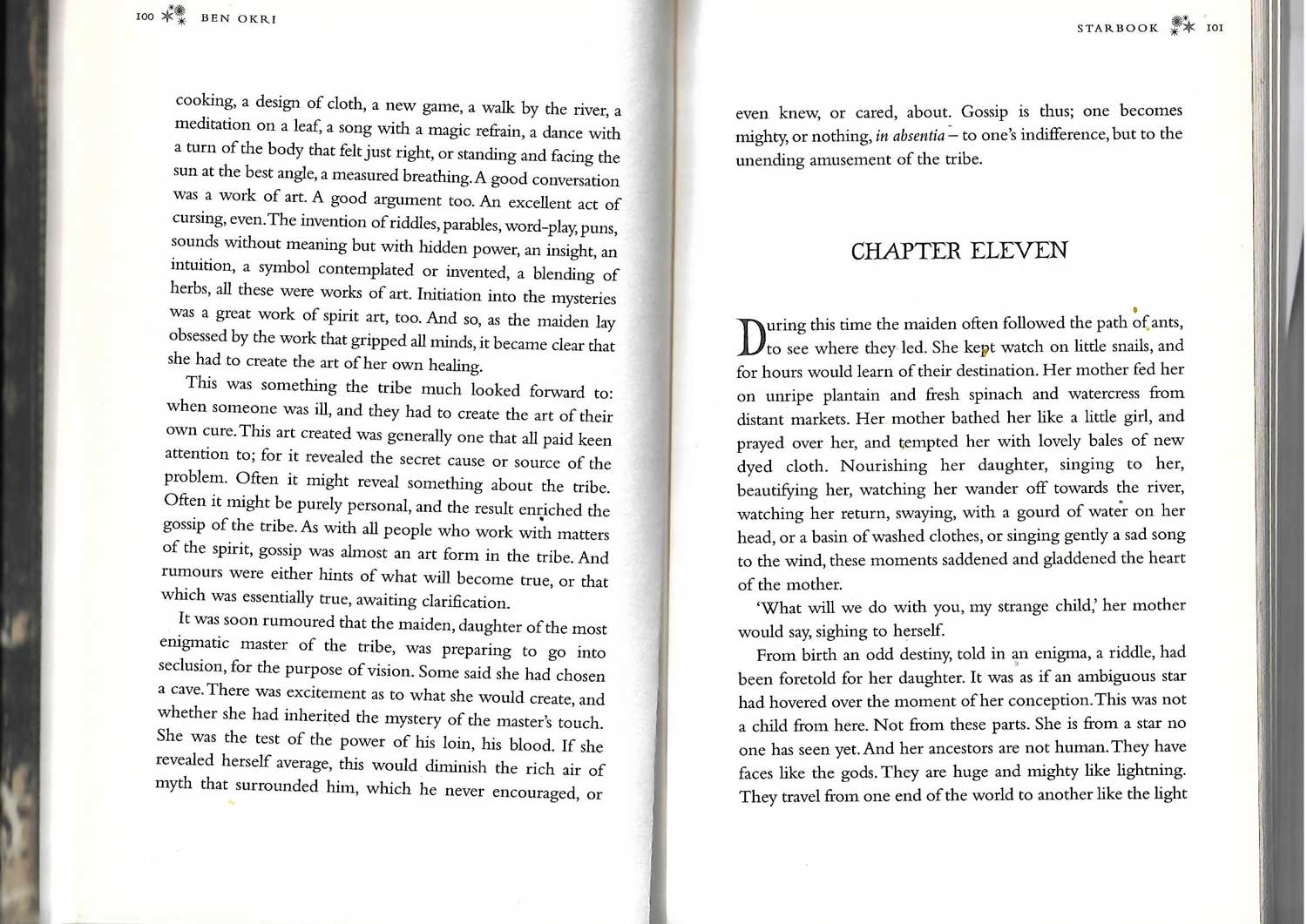
In terms of Inside/Outside, so much of my thoughts have made me question those things as a construct. Where is the boundary between what is within and without? You can’t even necessarily determine what that is for any one community.
Reading about the partition - india/pak - how many of the poets of the era constructed the boundary, as they tried to make it a non-boundary. There is something about accountability for making boundaries. That (Ind/Pak) is an exemplar for making partitions across the world.
They were talking in poetic form of the other side of the boundary as a lover from whom they were separated. And needed to express a longing for. But the longing then made the boundary not a thing, as there was always the potential for coming together to erase the boundary. An interesting way of considering Inside/Outside.
Maybe for some populations it is quite a modern thing to have this “outside”. Maybe Foucault speaking of outside being presented as the rest of society (like reality TV) to make things “outer”. But there is not one society to make things outer. The Western/Modernism is an outer that has been universalised but it is not the only outer.
Maybe in other cultures there is a sense that if you share things in the community it is an opportunity to be accountable, which I don't necessarily see in reality TV.
Malidoma and ? (ACTION) talk about how arguments are settled within a community by having people enact their disagreement within a community space. They do also have a bowl of water in the middle between them which is also a space. Something outside but deeply internal at the same time.
I am interested in what you have shared about Australasia and their patterns and how they depict a kind of external/internal.
WATER
"People, especially people in crisis, are naturally attracted to water. Just the sight of a large body of water brings a feeling of quiet and peace, a feeling of home. Water resets a system gone dry. In this western culture the most crucial task requiring the reconciling energy of water may be the confrontation of overwhelming contradictory emotions carried by people”.
- Malidoma
Water, the second element of the cosmological wheel is the medicine which brings cleansing, reconciliation, purification, and peacemaking. A lake or river, secluded and accessible, is the ideal place to offer a water ritual. It provides an opportunity to be cleansed of energies that are detrimental to manifesting one’s purpose. A water ritual can also open our psyches to healing and living as peaceful beings.
From: https://malidoma.com/main/elemental-rituals/
I am interested in what you have shared about Australasia and their patterns and how they depict a kind of external/internal.
The other thing that comes up is about taboos. About what can be shared and what the consequences are of sharing. Esp in the context of appropriation. How much does one want to share and where does it go? Is it an accountable space?
This might be much bigger than the scope of the project. We may have to delimit it some kind of way?
TLB: look at taking only a narrow section of it or explore a wider section in a more shallow way . I see it as a big round and are we going to flatten in one way or flatten it another way? Vertically or horizontally or diagonally, to squeeze it into the reality we are working with! Really interesting thoughts.
A couple of things came up.
What you described about sharing issues in a community space. Tyson Yunkaporta. Throughout the book (Sandtalk) he has yarns and one he has is with a woman. He wants to talk of issues of misogyny and how indigenous women are seen. In line with the ways of the book and himself he doesn’t want to talk of it himself, so he yarns with an indigenous woman. She goes into describing the fights between women. There is a strong culture of fighting. They make a ring and then they fight. And then they get over it. Like pro boxing where you see this absolute viciousness but after every bout they hug each other like they are best mates. This controlled, specific ritual that takes them through what could be a very violent and destructive space. I don't know if in western society we’ve properly gotten to grips with that.
I have experienced that a little bit in NK. But I have to say however we did it I found it problematic. But it touched upon this issue I think we have here, where we have these ways - community ways, indigenous ways, cultural ways - coming from African, Asian communities, communities outside of the West. And I am questioning how - and I guess it may come back to this issue of appropriation - they can even be brought into how we are living here. And I don't know if them being brought in, something happens to those ways that they are not landing in the right way or being done in the right way. Are you taking a fish out of water and expecting it to do the same thing?
If you take a fish out of the ocean and put it in a pond and expect it to be the same. Take wild dolphins or an orca out of the ocean and put them into a show - but it's water right? What’s the problem?
I question whether that public space I experienced of reckoning or getting through a difficult issue actually came across as very problematic in this setting.
You can't just take indigenous ingredients, put them on the table at a restaurant and say we're making indigenous food.
So as communities who are racialised, indigenous - very much everyone, not just black and white but anyone with those ways, pagan ways, the Cornish etc - I feel like we’re struggling with that. We’re trying to take these things but it is piecemeal and it is causing tensions and challenges and struggles and difficulties between people.
What do you think?
MD: That just sounds like the life that we live in right now. It would be interesting to see how people have understood and experienced that over time.
The goldfish bowl, the pond, the table you describe have become things that are within modernity as a re-naturalised space that is universal. So that person who has migrated from Syria or New Zealand or wherever else in the world has not come from a world that has not first interfaced with this world having first gone there - we are here because they were there.
Often the very means by which they have come they are travelling in the same vessels that went out in the first place - they are coming in a plane or in a boat or in connection to some violation - mining, extraction, warfare that involves natural resources or exerting control, or through language, education or learning that says if you want the pinnacle of this you must come here. Having British Councils there or whatever it is.
Some version of inside has been imposed upon most places. It has created a periphery that now wants to experience the centre of it all. That can be village to town - the rural person who goes to the capital city. People want to go to the colonial centres.
My experience of working in different places showed me interesting things. Like working in hospitality. When you go to many other places the hospitality is amazing, people taking you into their own home and giving up their only bed - the only bed “good enough” for me. The food and gestures of hospitality. I would always say don’t expect that in England. Generally speaking don’t expect it! You may get the inverse, getting put in an ante room while they have dinner in the next room! Of course that is what is experienced and how do you get to grips with that if your life is codified around how you treat another person. How do you get used to its nemesis? It literally is its nemesis. So it may feel like all aspects of you are being erased. I think what is often the experience here of all those different populations is a sense of erasure. We have words like inclusion. What does that mean? Come and be erased?
TLB: Where does inclusion become to be subsumed or assimilated?
As soon as I hear the word ‘assimilated’ I can’t help thinking of the Borg from Star Trek. A perfect statement of what assimilation is about - you can join this greater whole that can beat everything but you will have to be in line and part of the hierarchy.
I often feel that the UK is so ahead of the game in terms of inclusion and in terms of rights. The country has always held itself up like that, as has Europe. Yet at the heart of that, is assimilation. That is where the wheels fell off Multiculturalism. There seemed to be this complete sudden schism - We can’t do multiculturalism. That can't work. We can’t have respect for Muslim culture to that degree. We are the best. The British way of thinking. Enlightenment. These are the things that must be maintained. The rule of law.
Wherever people have kept their cool, it doesn't take much scratching to find their inner-Farage.
In the 90s it was a formative thing for me, I was in my twenties. Especially with the formation of BB. I was feeling very proud and confident at that time. Everything we were seeing. The Spice Girls (leaving aside the whole ‘Scary Spice’ thing which remains problematic) were putting this mixed heritage black woman on the level with others.
There was strength. There was Linford Christie. It felt like Black and Brown people coming to the fore.
Then you had this overarching political statement saying “That’s ok. It’s cool. Come on. We’re going to start being cohesive. We’re going to challenge and face the issues”.
And that was then slapped down. Which I found quite shocking.
And that was then slapped down. Which I found quite shocking.
MD: You say “forget about the scary”. But with every one of those that we might call “icons of integration” there was always an exception thing (a fetishisation). Linford C had his ‘“Package”. What do these things point to but this caricature of the other. “Scary Spice”....and so on. If we went through each, each one would have that.
TLB: Yes, we would go through each one and each one would have that
MD: So, integration is still the mantra. When I first heard that expression I thought are we in nazi britain, because it sounds like terms that were used in the third reich.
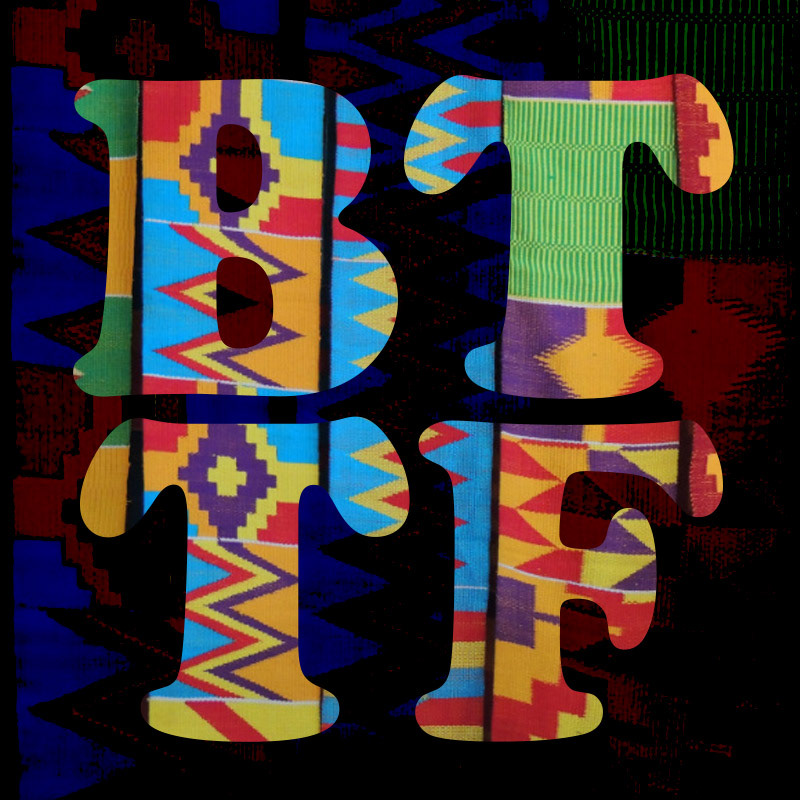
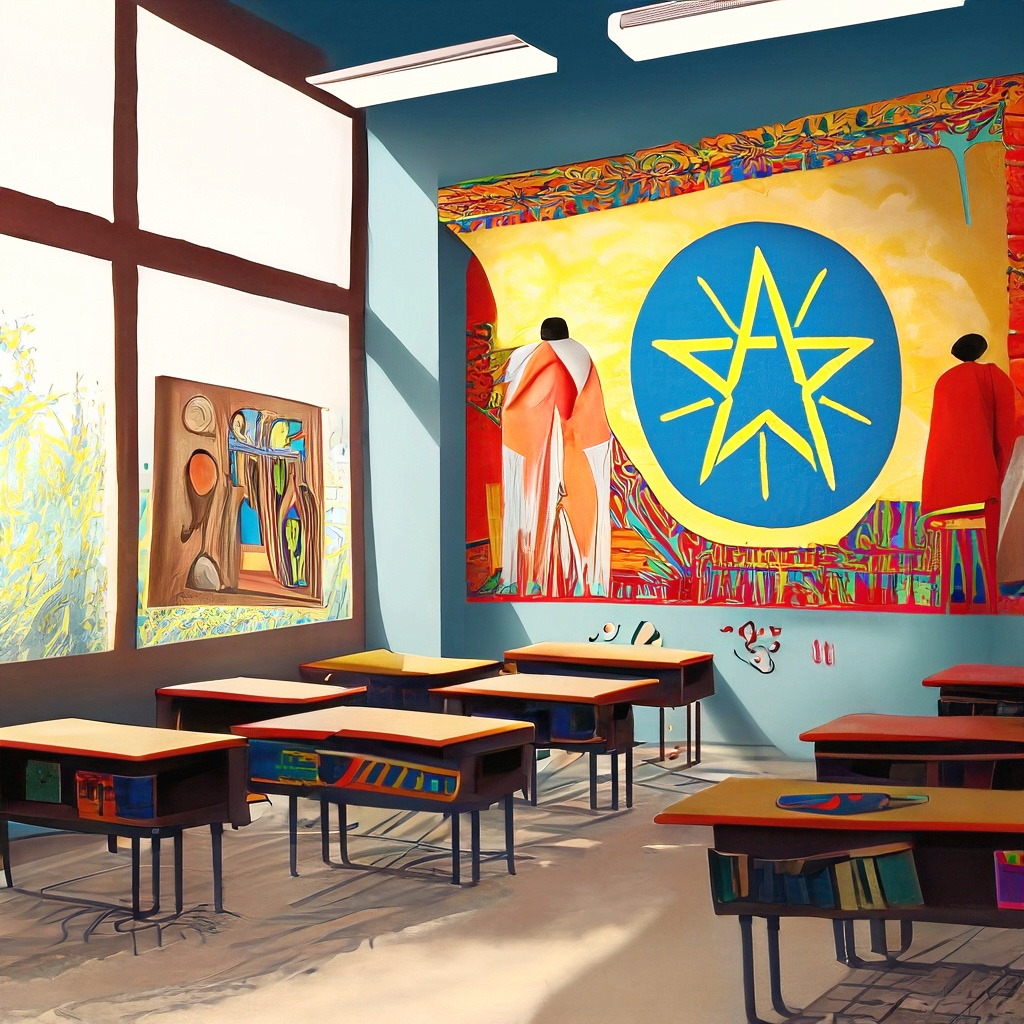
TLB: Well of course the Germans do it [integration]. That was my experience on Black to the Future, when we went to Koln and Munich to discover the way that they did immigration was that you wouldn’t get these ghettos - for obvious reasons they are completely anti-ghettoization.
VISIT THE 'BLACK TO THE FUTURE' WEBPAGE:
And so speaking with the Ethiopian and African communities there they were all over the place, shattered, spread across the country.
The massive negative of that is where do you find the frisson and strength of communities that you find here? When you go to chapeltown or brixton.
The plus side for them was that they integrate. This what was vital about that project because we were going to a space where for instance they had a Sunday school where they were teaching their children Amharic, so they were not allowing their culture to die. But they were having to travel for miles to get to that school. The efforts they were having to make to maintain that culture. It was inspiring. Meeting a 7-year old who knew four or five languages - Amharic, German, Spanish, French and English! Wow, this is phenomenal. This is the generation growing up. But on the other hand, how much have they lost?
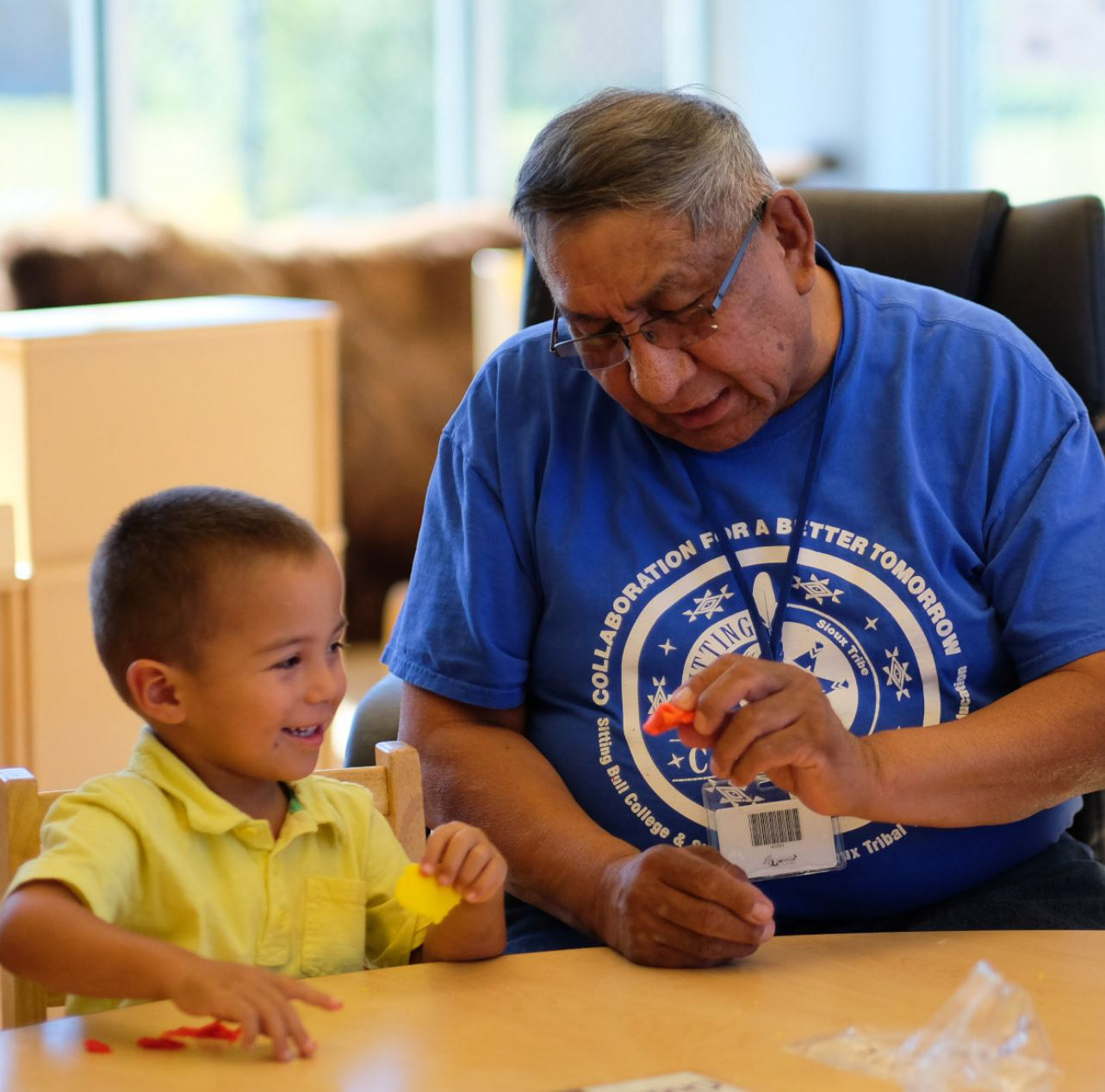
MD: That accounting is so necessary. When we know about the loss of languages. How many languages are lost every 14 days.
That is a big tragedy. It is a filter into understanding earth. If we take any specialism, there is an idea that it is enough if you speak French, English, German….any european language. That filter is enough for understanding the world. But that’s crazy, it can’t possibly be the case. And especially if you start to make it temporal.
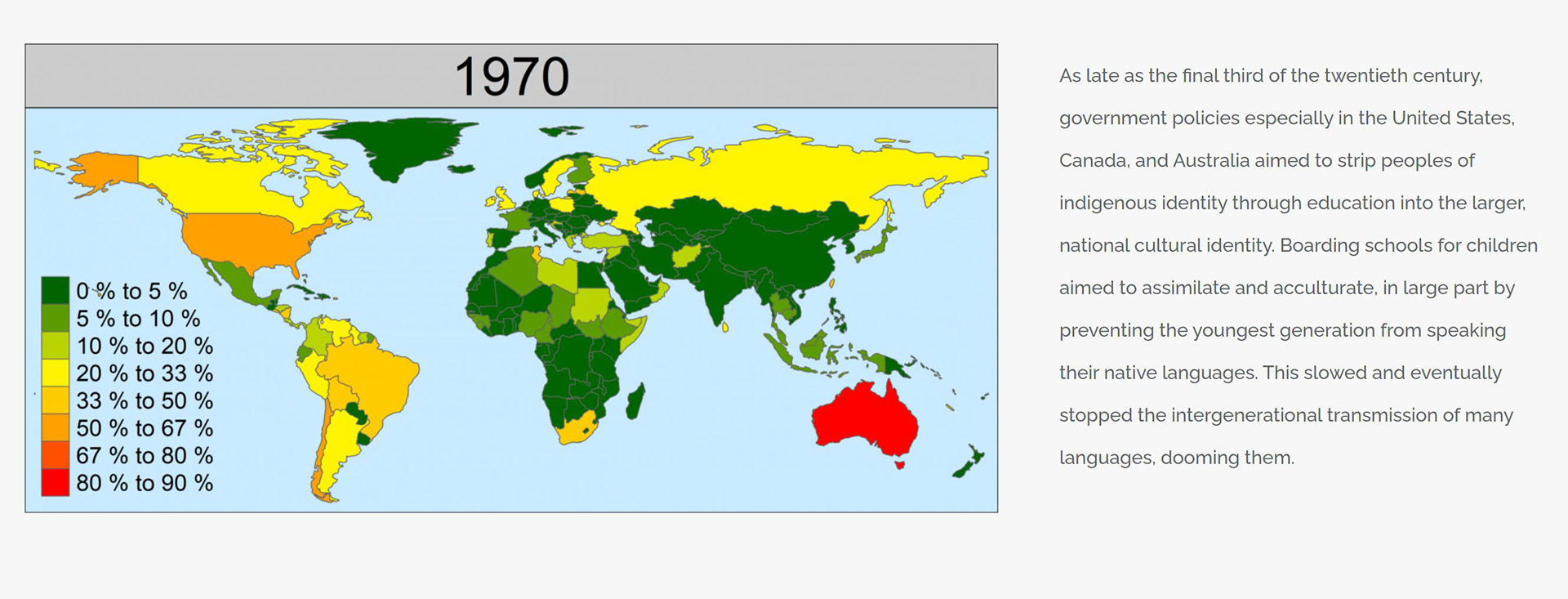
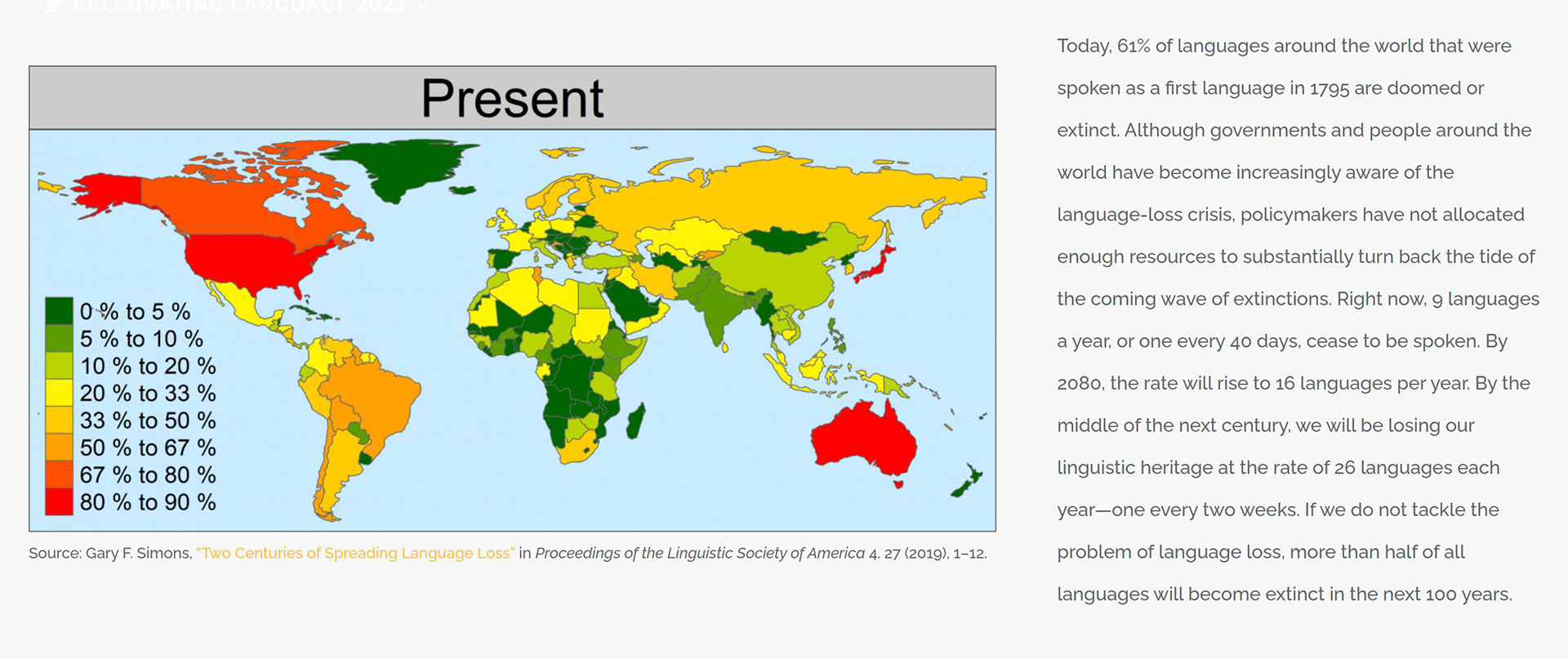
VISIT THE LANGUAGE CONSERVANCY:
Geoffrey Chaucer. His English, that you have to learn in schools, Canterbury Tales, is like another language and you have to have it translated. So if I went back and met Geoffrey Chaucer, what tools would he have to understand me. I’d be like somebody from another planet. It would be alienating. How would you operate?
Going back to the Inside/Outside how mutually intelligible then is an idea of Inside and an idea of Outside that doesn’t have a kind of connection going across it that enables that intelligibility.
What I feel is partly problematic in current society is we need a third person, a translator to make mutually intelligible what we’re saying to each other.
One of the things I have always been yearning for is this ability to deeply hear. To come into contact and deeply experience each other. The Food Journey was born out of that desire that speech only touched the surface.
But there were all these other ways of understanding a person not only though the five named senses but other senses that were unnamed. How could we use those to interface in ways that were going to be beneficial for all beings of the world.
MD: I don't’ know if those plants behind you are plastic or real?
TLB: They’re real
MD: They too are audience to this conversation.
As is… [referring to the seating] I don’t know if this is leather or oil based. But it has a history. It went back to some algae or something. Everything around us is witness. We are always witnessed, even if it is only our conscience, when you go back and reflect on…
TLB: 100%
MD: So in terms of this project and the theme, can both sides come into an encounter where there is mutual witnessing and accountability to something that makes connection with all being. What is that thing?
TLB: That resonates. I brought this book with me [Pacific Encounters]. This is a book I bought in Norwich, because the exhibition was being held in the Sainsbury wing of the university. What was interesting reading this, he [author] speaks of the divine. He is looking at the artwork and engaging with the artwork, not engaging with theology and religion, but just practice. And the way that practice can be seen across all religions and all humanity and there seems to be this common thread of engaging with the divine. So you make things, you do things whether you practice prayer or create objects or sacrificial things in order to engage with this force or this thing. And it occurred to me as I was reading it: what is the thing? The thing is what you’ve said, it is all around us. It’s the witness. It's everything, it's the thing we can never get away from.
Whether you follow Islam, Chrisitanity, paganism, whatever, the thing you can’t get away from is this. Is the all around us. It occurred to me that people in times gone have created objects and rituals to go to the divine and ask for a good harvest, or minimise the impact of earthquakes or volcanic activity. Say that's 20/30000 years ago. Fast forward to today and I had this sudden thought, that someone is next to their bed praying “please not another earthquake, or not another cyclone”, but then at the same time we as human beings are carrying out activities that are increasing those things. If you were really going to pray to that divine, you would stop making this stuff. In that sense are we potentially closer to the divine than ever before. Because we are affecting it and we see it. It feels like it’s not a mystery any more. We know these things are affected by our activity. Bring all of that together and it resonated with what you mentioned about the logic of generations to create a super logic. Would that not connect all religions and divine practices and into the natural world and see that everything is all one and connected.
MD: You just said something I wanted to explore with you. This idea of 20,000 years ago knowing less. That we know more now. It makes me think of the fisherman and the businessman.
The fisherman is on the beach whistling a tune, mending his nets and a businessman approaches him. The businessman escalates his idea of development of this fisherman until this fisherman owns a big trawler. All for the purpose of freeing up his time so he can sit on the beach, whistle a tune…..
TLB: So something that came up as you were speaking about “are we closer or not”. It is right that we are sitting at this circular table! Let’s call it the divine or nature in the middle. There is 20,000 years ago over there [pointing to the far edge] and here is us here [pointing to the closer edge]. We are an amount of distance away but we are still no closer. There is this attempt with colonial time to make things linear, to draw a line as though we are closer. But we’re not, it is always there. You travel around it and you never get closer because after all, it is that balance. As much as we’ve extracted from the world and gained “knowledge and understanding and discovery and enlightenment”, in terms of nature the world has never been more under threat. That’s madness.
MD: So is it a circle or some kind of spiral? The expanding universe…..Bringing it back to this idea of Inside/Outside….
TLB: This thing of underlying that keeps coming into my mind. When reading about the Indigenous Australian artworks. The Yolngu. [QUOTE BOOK - shimmering].
This thing of ‘underlying’. Then reading about Polynesian art the word ‘underlying’ was also used. There seems to me to be this thing within our existence. This underlying connection, which comes back to the intergenerational as well. This underlying connection between everybody. And then there are these things that separate and pull people apart.
MD: So that is a very interesting thing in relation to the idea of light and dark. Dark is everywhere. I’ll share the video that someone shared about some guru somewhere (Terry Pratchett) talking about light and dark and the enlightenment and that nothing is supposed to move faster than the speed of light. But he argues dark must be faster because it is there before light!
It is a way of looking at it. The way that we use light, light is in photons, discrete particles but also waves.
We spotlight things.
Even the enlightenment has an idea of encapsulating a particular thing with light or a set of ideas. So light discriminates. Once you have a process of discriminating by light, is darkness an underlying feature?
But then darkness is like dark energy, dark matter, it is just what hasn’t had light focused on it. It doesn’t mean it is not there, that it doesn't have quality.
It is just unknown. Maybe there is not enough respect for the unknown. When I think about the history of race, I was trying to look at the Byzantium era and race being an idea of breeding. Of improvement. This linearity thing. Hierarchy. We clearly don’t have enough respect for dark.
According to Rupert Sheldrake we know a very small percentage of things to know. Light is a very small proportion of all matter. We should be in awe of what we don’t know. And very much more careful with the little that we do know. But we are very arrogant with it.
TLB: I am going to push back on that. I recoiled specifically when you said we have no respect for dark. Is it a lack of respect or is it fear? I am not sure that we don’t respect dark. There is always a niggle - and where does the word ‘niggle’ come from? - always a thing in my mind, how much of this is about fear?
Let’s look at the seminal, defining text of the victorian age. The Dark Continent [Heart of Darkness by Joseph Conrad and its connection to the 'Dark Continent' account of Stanley’s travels to Africa]. There you go. The Dark Continent.
LISTEN TO 'HEART OF DARKNESS' BY JOSEPH CONRAD
When I’ve read excerpts of that book or Sven Lindquist’s attempts to take apart that book [Exterminate all the Brutes], or about the times it was written, or reading about Leopold and the Scramble for Africa.
I am not sure I read a disrespect more than I take a fear. And when I’ve read about the expeditions to Africa there is a lot there that is driven by fear. These are people who cannot handle this land.
There was no exploration of the interior of Africa for however long. They were afraid of it. In that sense there was a deep respect of it.
I think that over time, yes, in modern times that has definitely been twisted into a disrespect. There is no doubt you can look at the caricatures of indigenous and African people and see hardcore disrespect. But in our modern culture how much disrespect stems from fear?
MD: What would be really beautiful….To have elders and young people recognise their intrinsic value. They are always, wherever they are, however they are, however perfectly or imperfectly they speak received English, they are always at the same location of the table as anybody else.
Bringing them into a state of respect of their own knowledge and their location in the balancing of things.
There is a potential for the 15 year old, with all their education at school, to recognise in talking to the 75 year old that there is sufficient equivalence for you to engage with that person and learn as well as impart.
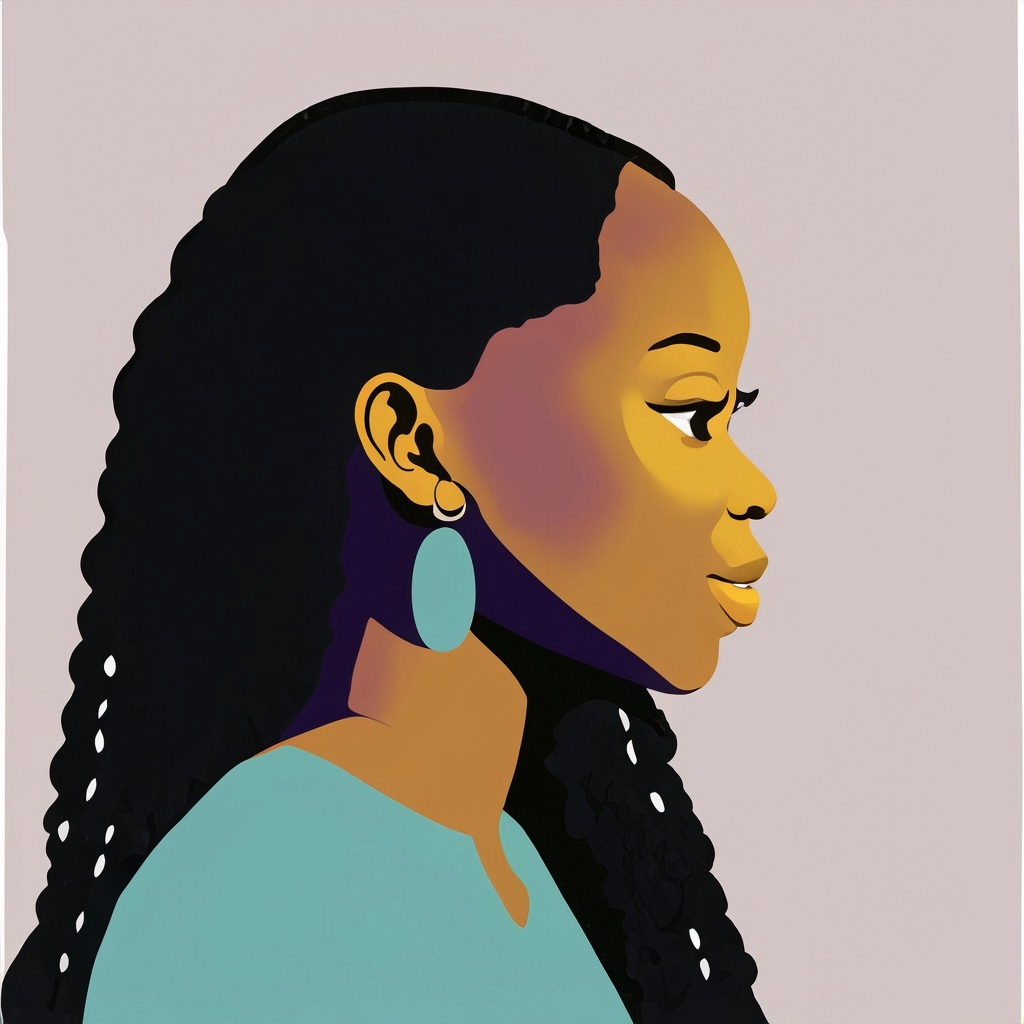
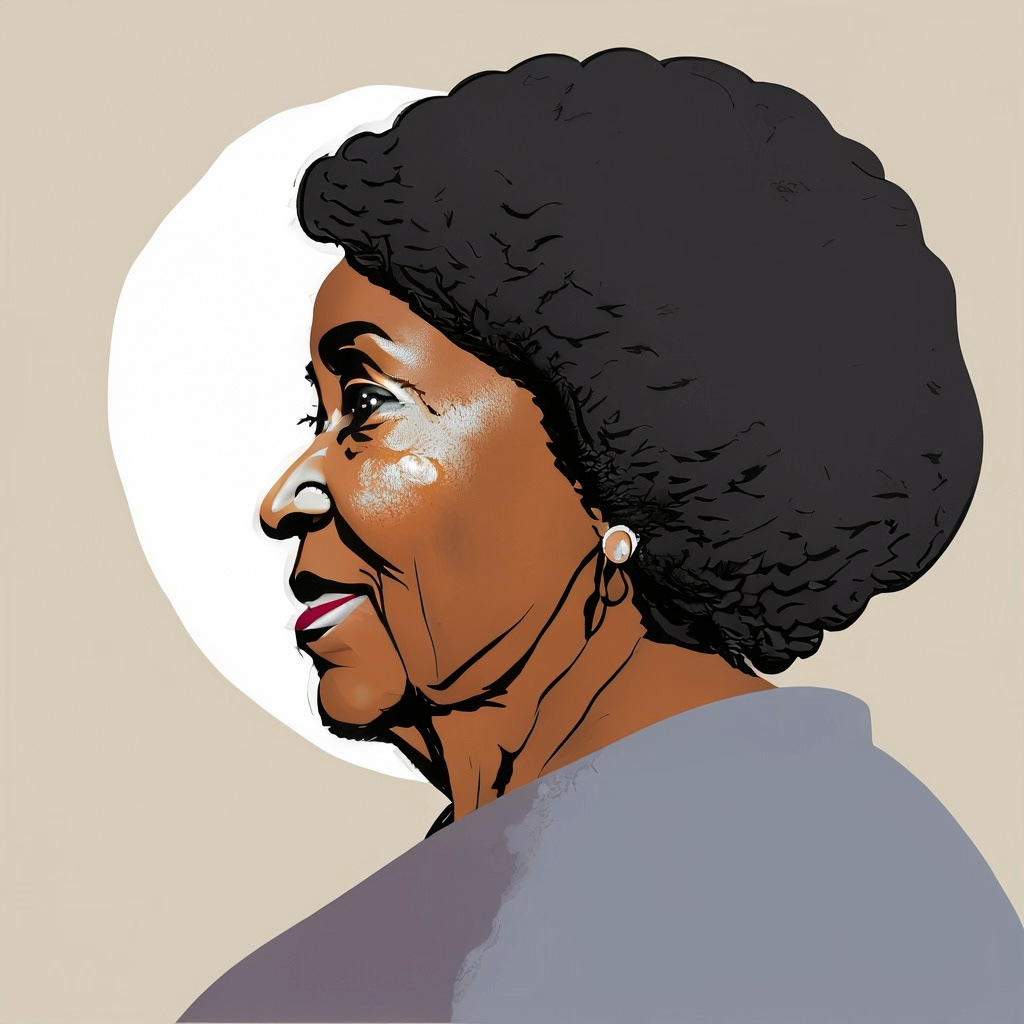
That we can have this really interesting conversation, because we are able to lean into where the boundary is said to be, but the nature of theboundary is not what it is said to be. We have more space, more power, more levity, everything,
So we can engage.
TLB: Is there something we can develop? This idea of intentional space. Our work being to facilitate an intentional space that can allow for what you’ve just described. The questions you ask and the way you present things.
There’s always been this…if you’re feeling uncomfortable feel your discomfort, don’t walk away from it, don’t ignore it. That is what you’re supposed to gain.
The Starbook is interesting in that aspect. With 1 star reviews.
“The way he just goes on and on and on…”
Reading about that and the way of writing known as Catalogue, where you use poetic phrasing, where you repeat in different words. You go over and over and over it.
People saying it is rubbish and 1-star.
Go to the next review and it is 5-stars. "This is the most beautiful, poetic journey I’ve ever been on."
How are we actually facilitating people into that 5-star space?
Facilitating the person from that 1 star space. Let us help you to open your eyes to the 5-star space.
You might never read that book. But, it’s about recognising.
I do feel that there is something deeply wrong with this way of being that devalues something to that degree.
Is there that potential for this kind of intentional space to try to bring people of different ages, backgrounds together. What was in my mind was a 70 year old speaking with a 7 year old. Then all of a sudden a 7 year old speaking with a 17 year old.
I had a conversation with a 4-year old at my sons nursery. I felt a real connection with a girl and felt I really got where she was coming from as a 4-year old. There was a flow. I wonder what might be within that.
MD: If each of us has a world knowing that there is no limit to the possibility of engagement.
